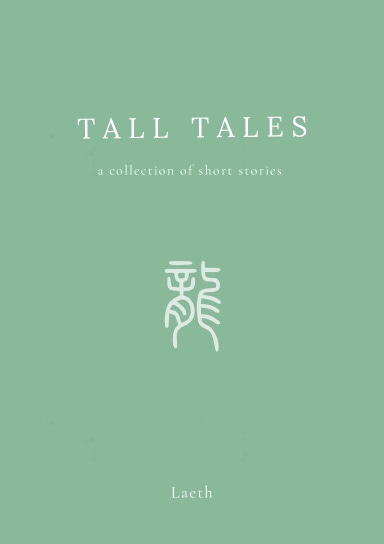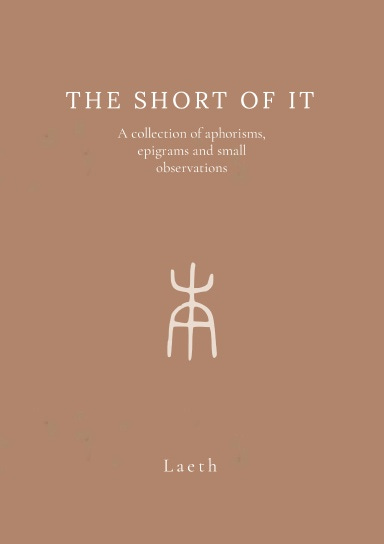Books
a novel
***
Blurb:
What do we have for today, It’s called the rot, Does it say anything else, It says in the back, the world is ending, can you see it, That’s cryptic, Should we ask the seniors, But they never tell us anything important, We should try anyway…
Oh, that one, yes, we remember, What’s it about, It says right on the back, it’s about the end of the world, Which one, The one the people in the story live in, of course, And who are they, Should we tell them, yeah, alright, there’s a priest who smokes too much, and a woman who is leading double and triple lives, and a couple who lives in the middle of nowhere, Don’t forget the young woman and the child in the cave, And the poor dog, Yeah, but they are minor, much more important is the old man who talks to saints…
Yes, yes, ok, we got it, priests, saints, end of days, it’s one of those where their highest god comes to judge the world for their sins and sends fire and brimstone and… No, it’s not like that, it’s more like a plague, and it wasn’t sent by any god, much less a higher one, What kind of plague, Everything starts rotting, hence the name, but that’s just half of it, What’s the other half, It’s that only a few people can see it, And how does it end, Nice try, you know we can’t spoil it, we’ve said more than enough, and now off you go, Why can’t we learn the material beforehand, It’s simple, if you aren’t at the edge of your seats telling the story, the people listening won’t be at the edge of theirs…
Those guys are jerks, how are they higher gods than us, you know what, we should take a peek anyway.
**
a novel
Things people have said about Phantasia:
'The premise is unusual: a viral anonymous post leads people to put their heads in bowls of water and try to manifest objects. First for a laugh, and then, somehow, for those who are gifted…it works. From this strange start, the narrator develops the consequences for the world with impressive logic. And yet this book is not a thought experiment. The narrator is telling you a deeper, cosmic story, a sort of modern Miltonian tale.'
'For all the strangeness of Phantasia, at its heart it is a story of love (...), about good vs evil, and how those alliances are not always drawn in the ways you might imagine.'
'Many themes recur in the novel: the theme of time, particularly the distinction between "private time" and “worldly” time; the theme of roads, of paths, and forks; the themes of place, of language, of love, and the magic of all of these.'
'The love stories in this book were gripping, real, and effective. There is a great tenderness and witness to romantic love, not as sentimentality, but as a potentially eternal reality. This was a brilliant part of the story, and one I particularly enjoyed.'
'In a way, the narrator is a character of the book. A rambling man, by initial appearances, yet a man who seems to ramble toward a purpose: to weave the spell of his story.'
'Language is itself alive in this book, central to the unfolding story.'
‘The style and prose, expertly written as a stream of consciousness, reminds me a bit of Saramago in the way that it blends dialogue and narration without bothering with punctuation’.
'The way the author writes dialogue is unusual (…), I can only say that it took a bit of getting used to, but it is a technique with a purpose, and it is a technique that works'.
'[this book] is beautiful because it is hopeful, understanding but hopeful, and in a world saturated with hopelessness, something hopeful is much needed'.
'I am still glowing from the finale. (...) I don’t believe you’ll ever find a book like this one.'
'If you're looking for something truly original and unique, give Phantasia a try.'
***
Taller Tales
***
a collection of short stories
***
***
***
You can convert them to any format better suited for your particular e-reader with this free software:







